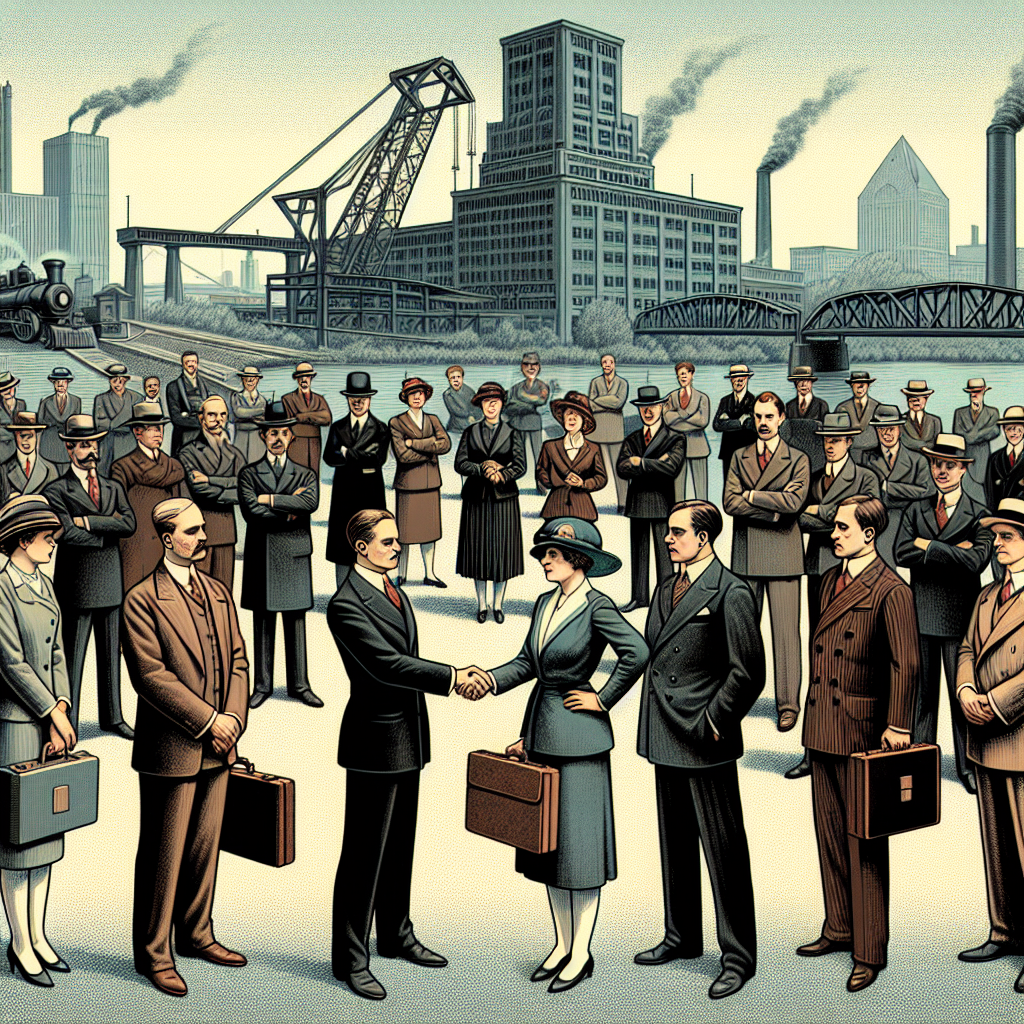At a campaign rally held at U.S. Steel's Irvin Plant in Pennsylvania on May 30, 2025, former President Donald Trump announced a significant escalation in tariffs on foreign steel and aluminum, promising to double import duties from 25% to 50% beginning June 4, 2025. Addressing a crowd in Pittsburgh, a region with deep roots in steelmaking, Trump framed the decision as a measure to safeguard American industry and jobs, citing national security concerns as the primary motivation.
The rally also celebrated Japan-based Nippon Steel's proposed $14.9 billion acquisition and investment in U.S. Steel, marking a notable reversal from Trump’s earlier opposition to the deal—an agreement previously blocked under the Biden administration due to concerns over national security. Trump told supporters the move would inject billions of dollars into modernizing facilities and expanding operations in the United States, specifically pledging to maintain full operating capacity and jobs at U.S. Steel blast furnaces for at least a year. He further assured that workers would be protected from layoffs and even receive bonuses.
Trump’s administration previously set tariffs on steel and aluminum imports at 25% using Section 232 authority for national security, and the new 50% rate comes after court decisions lifted most legal barriers to his tariff policies, with the exception of some restrictions on steel. According to reporting by AP News and El País, Trump's team initially considered a 40% tariff increase, but industry executives lobbied for a full doubling to 50%. The changes impact a wide variety of metal products and are expected to influence costs for downstream industries and consumers. The United States imported 26.2 million tons of steel in 2024, making it the world's largest steel importer.
The Nippon Steel–U.S. Steel deal marks a pivotal moment for the U.S. steel industry. If completed, U.S. Steel would become a subsidiary of Japan’s Nippon Steel, but would continue to operate as a separate entity headquartered in Pittsburgh. The agreement includes a so-called "golden share" provision, allowing the U.S. government to retain significant influence over future company decisions. Nippon Steel has promised to invest up to $14 billion into U.S. operations—including $2.4 billion earmarked for modernization of the Mon Valley's three U.S. Steel facilities.
Labor unions remain cautious about the proposed acquisition. The United Steelworkers (USW) union noted it had not been involved in the negotiations and is reserving judgment until further details about the arrangement are released. Critics have voiced concerns about Nippon Steel’s prior record regarding trade agreements and the lack of direct consultation with workers, with opponents also raising questions about the potential implications for national security and job retention.
International response to Trump’s tariff announcement has been critical. Canada’s Chamber of Commerce called the move harmful to economic security across North America, and Australia’s Trade Minister denounced it as unfair and damaging to global free trade. These criticisms echo broader worries about the potential for heightened trade friction and increased costs for industries relying on foreign steel and aluminum. Full details are available in reporting from Reuters and Yahoo News.
Trump's public remarks accused Japan of failing to fully honor past commitments to ease tariffs and trade restrictions on critical minerals. He insisted that the new tariffs were a necessary response to what he termed ongoing violations and argued that these measures would cement Pittsburgh’s status as the “heartbeat of American industry.”
The rally in Pittsburgh, Trump's ninth visit to the region since July 2024, was seen as a strategic effort to solidify his political support in an area where his electoral margin improved in 2024 compared to 2020. Political analysts, as noted by Axios, suggested the event was also designed to shift attention from Trump’s low national approval ratings and various political controversies.
As Trump seeks to reinforce a message of economic nationalism, the fate of the Nippon Steel–U.S. Steel partnership, the efficacy of the new tariff policies, and their impacts on American workers and the global steel trade remain uncertain. Supporters hope that promised investments and the preservation of local jobs will bring renewed growth to southwestern Pennsylvania, a storied steelmaking region that continues to play a key role in the country’s election-year politics.




